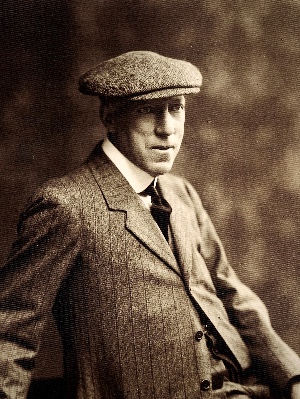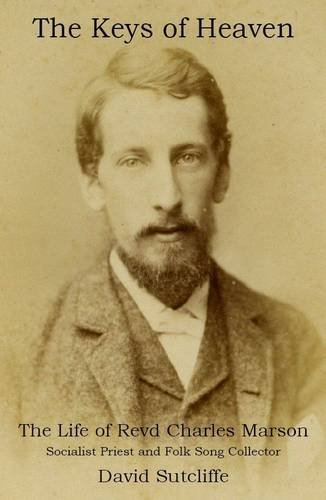Parnell, Albert
Singer
Collection date: Sept 1909
Area: Gloucestershire
Albert Parnell at Ebrington, Glos (1843-1911): age 67, 1 song 10 Sept 1909: Albert’s only song* (FT2387 Roud 2809) was ‘Poor Fisherman’s Girl’, which was a popular broadside in the 1830s. A poor orphaned girl is homeless and in desperation – the repeating line is ‘She’s a poor little fisherman’s girl, whose friends are dead and gone’. But she is saved by a gentleman who turns out to be her long lost brother. Sharp collected no other versions of the song and it seems to have been ignored by other collectors too.
It is, however, somewhat poignant that Albert Parnell should have embraced the song. He was the second illegitimate child of Elizabeth Parnell and was baptised in Ebrington church on 19/3/1843. His older brother Alfred was baptised on 9/9/1838. Elizabeth’s parents were Thomas and Mary Parnell of Ebrington. Mary had died in the late 1830s, leaving Thomas with 4 young children to look after, so he was in no position to help his daughter Elizabeth with her own 2 young boys. Elizabeth had in fact left Ebrington anyway and had been in service in Chipping Campden. She then married Matthew Yeatman at Ebrington on 19/2/1846. The children in their care in 1851 consisted of Alfred & Albert Parnell (aged 12 & 8); their half-brother Levi Yeatman, 4; and two half-sisters Mary 2 & Emma 4 weeks. Alfred left home and on 19/4/1862 he married Mary White, daughter of Edward White labourer, at Stretton-on-Fosse, 3 miles away.
Perhaps Albert Parnell would visit his brother and sister-in-law and their 5 children, because on 11/11/1876, aged 33, he married Mary’s younger sister Hannah White at Stretton. So, two brothers married 2 sisters. They were both agricultural labourers all their lives. Albert died in January qr 1911 aged 68 (6d 441), while Alfred lived on till 1922.
*Albert also sang ‘Babes in the Wood’ (Roud 288), another song about abandoned children, and Sharp noted the tune in fragmentary form (Field Notebook Tunes 1909/11 p8). He didn’t take the song forward into faircopy format, however. The story is from the 16th century and it appeared on broadsides but the collectors were very reluctant to publish it.

